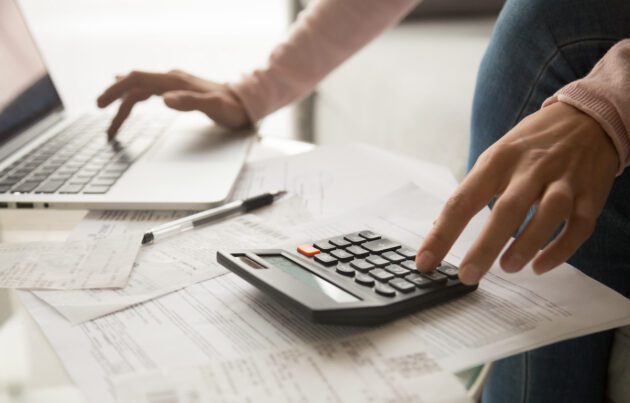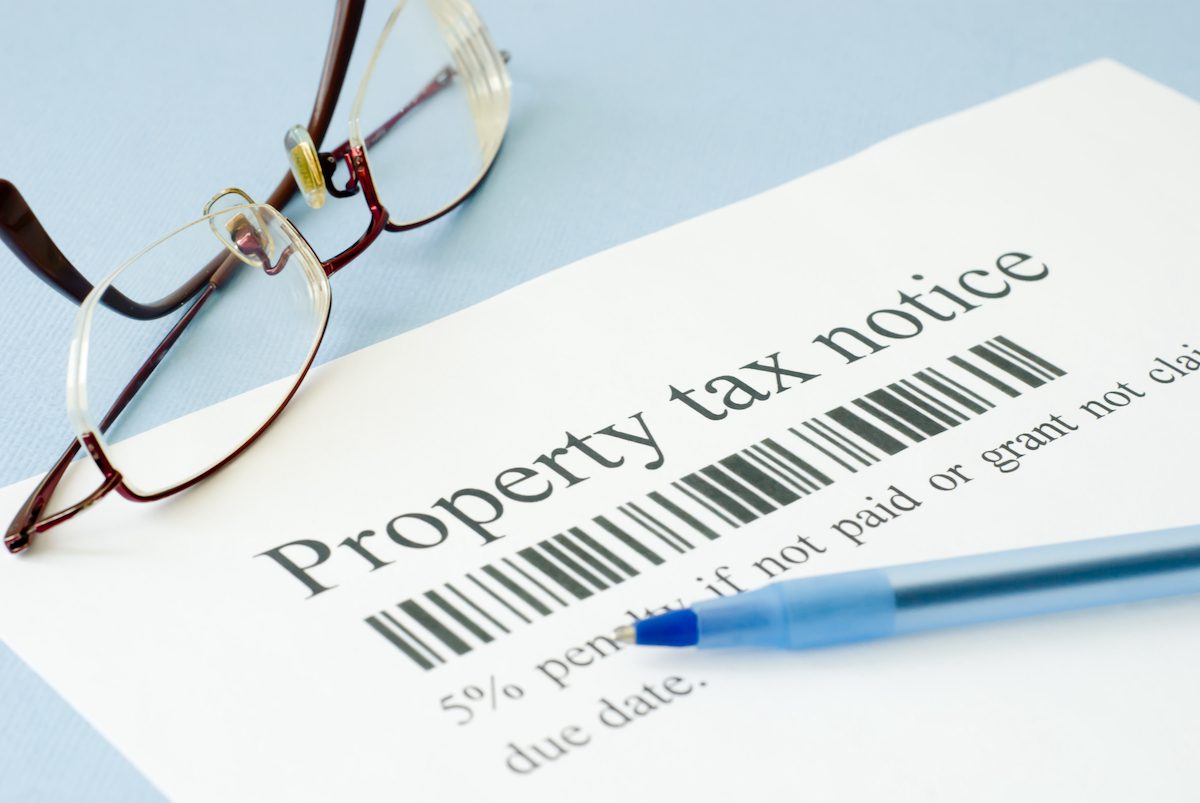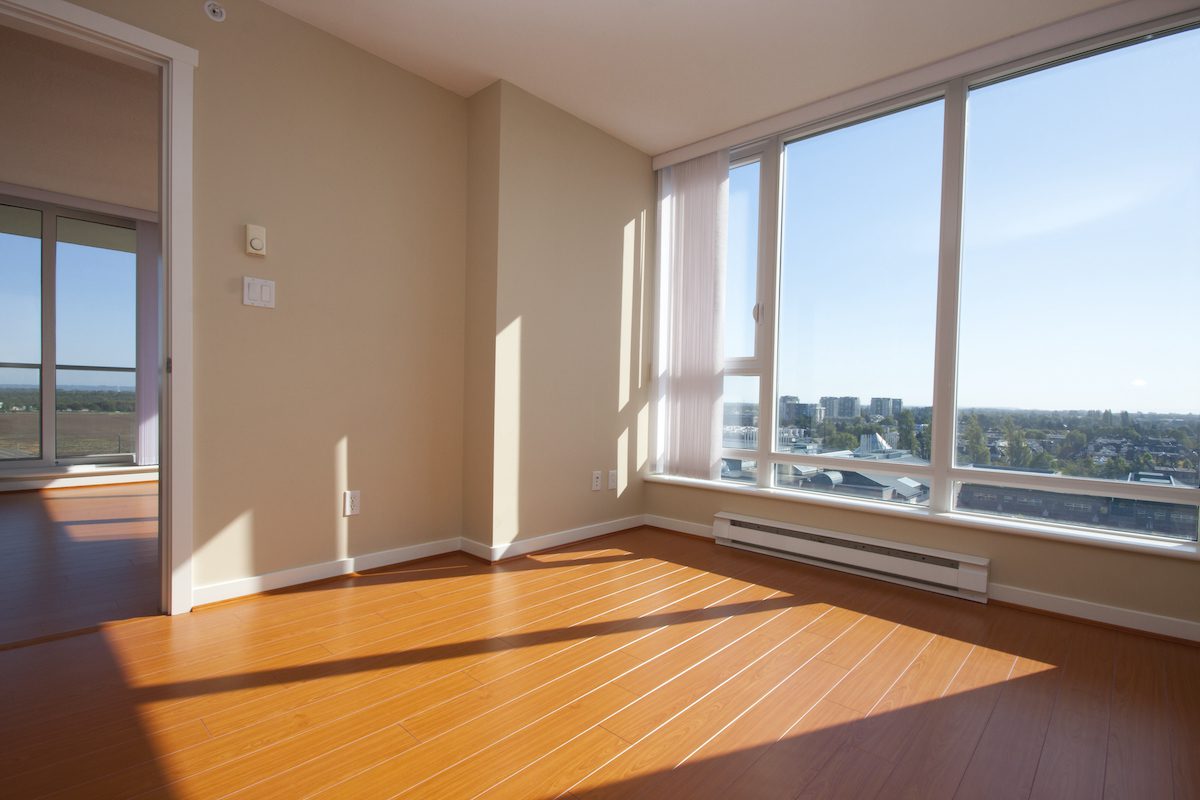Common Rental Property Expenses All Landlords Need to Understand

“It takes money to make money." That's a phrase you've heard dozens of times and it certainly applies to owning rental property. While you'll have monthly rental income, there are several rental property expenses, too.
Estimating and budgeting for expenses is crucial. The best way to do that is with a profit and loss statement, a report listing the income, expenses and profit for the rental property. It ensures that you know your net profits each month and each year so that you see a return on investment. The good news is that many rental property expenses are tax-deductible, so be sure to keep track of what you spend throughout the year.
Rental property expenses are typically at least 35 percent of the home's gross operating income, but they can vary. To get a good idea of how much you're likely to spend, talk to other property owners in your area and do some research. Here are 11 common rental property expenses you need to understand.
1. Repairs and maintenance
Chances are something in the rental home will break during the year and you'll have to repair it. Since most repairs seem to come out of nowhere, it's sometimes tough to budget for everything. But performing regular maintenance, such as checking the HVAC system seasonally and keeping up the landscaping, will make sure the home remains in excellent condition and can save you money on future repairs.
Some experts suggest setting aside at least one percent of the property's value each year for repairs and maintenance. But the age and condition of the home often factor into the costs of repairs and maintenance. Property owners are typically responsible for a home's repairs, but if you're expecting tenants to handle some of the maintenance, such as yard work, put it in the lease agreement.
2. Insurance
Insurance is another rental property expense you can expect to pay. Landlord policies should include liability, personal property and dwelling coverage. These policies usually cost about 25 percent more than a typical homeowners insurance policy, which averages $2,285 a year, according to Insurance.com. If you have a mortgage, insurance is often included in your monthly loan payment.
Along with the typical liability, personal property and dwelling coverage, you might also need flood, earthquake or other additional insurance, depending on where the home is. Contact your insurance company to determine what type of coverage you need and how much it will cost.

3. Property taxes
The cost of property taxes varies by state and even community. On average, American households pay $2,471 in property taxes every year, according to the U.S. Census Bureau. But, taxes are as high as $8,000 in some areas. The best way to find out exactly how much your property taxes will be is to contact your local county assessor. This office calculates tax amounts based on the current real estate fair market value. You'll usually pay your property taxes with your mortgage payment if you have a home loan.
4. Marketing and advertising
To find qualified tenants, you need to advertise the property. Placing an ad in your local newspaper or running an ad on Facebook is another rental property expense. Another option is to list the home at Rentals.com, where you can also screen tenants and collect rent. Marketing and advertising expenses might also include taking professional photos of the home.
5. Property management
Property managers handle the day-to-day of the rental property, including advertising the home, taking tenant applications, screening potential renters, collecting rent and handling repairs and complaints. They're also experienced in drawing up leases and are knowledgeable about local landlord-tenant laws. Hiring a property manager will cost about 10 percent of the monthly rent, but it will save you the time and headache of dealing with the rental.

6. Tenant screening
Part of selecting the right tenant for your rental involves screening applicants and running credit and criminal background checks. If you're doing this yourself, a credit check through one of the credit bureaus, including Equifax, Experian or TransUnion, will cost about $25 each. Criminal background checks typically run about $25, as well. If you hire a property manager, they'll handle the screening as part of their monthly fee.
7. Homeowners association fees
If your rental home is in a homeowners association, expect to pay a monthly HOA fee. These costs are typically $200 to $300 a month but can run up to about $1,000. It all depends on the HOA's amenities, such as a pool or fitness center, and what services they provide, such as yard work or other maintenance. Contact the local HOA to find out how much you'll pay.
8. Licenses and permits
Laws governing rental properties vary by state and municipality. In some places, you may need a license or permit to operate a rental property. Consult with a local attorney or do your homework to find out what's required in your area.

9. Legal and other professional fees
Owning a rental property is a complicated experience, especially when you're just starting out. There are complex landlord-tenant laws to understand, a few extra forms on your tax return to fill out and much-needed financial and legal advice. So, you might need to hire a professional, which is another rental property expense. It's a worthwhile cost, though, since these services will ensure you're following the law and that your finances are in check.
Hiring an attorney is a great idea to understand local legal requirements for owning rental property. These laws tend to include many caveats that are difficult to understand on your own. A certified public accountant (CPA) will help you file your taxes and offer advice about whether you need to form a company or continue operating the rental home as an individual.
10. Utilities
Tenants are usually responsible for paying their own utilities. But, you might consider paying the water bill or including the cost of Wi-Fi in the rent as a perk. These costs average a couple of hundred dollars a month. Also, keep in mind that you'll need to pay all utilities in between renters when the home is vacant.

11. Vacancies
This isn't a rental property expense in the traditional sense because you're not actually paying for something. But, a vacancy is money out of your pocket. If the property sits empty for a month or two, that could potentially cost you thousands of dollars. To minimize the chance of a vacancy, add a clause to your lease agreement that asks renters to notify you at least a month before the lease ends when they're not renewing. This will give you time to find a new tenant to move in immediately.
Tracking rental property expenses is key
Owning a rental property is a great investment. There will be a steady stream of rent payments coming in, but there are many expenses you'll have to pay. Understanding these common rental property expenses will help you budget so you can see a return on your investment.
